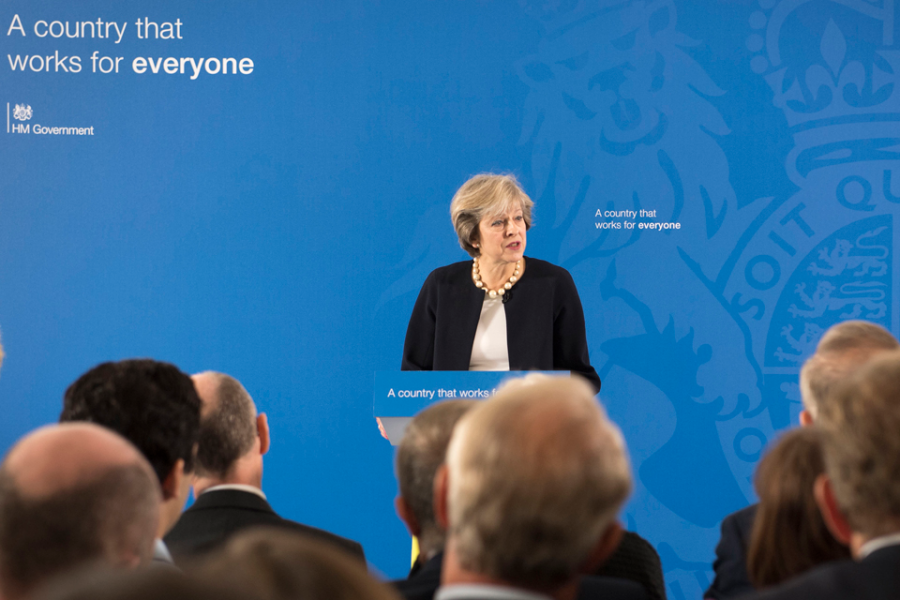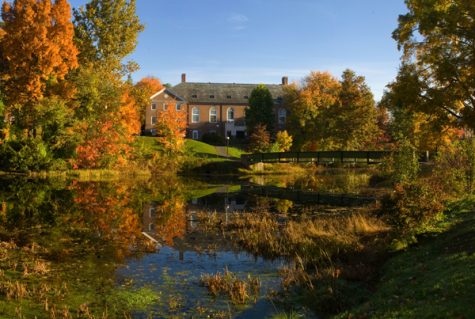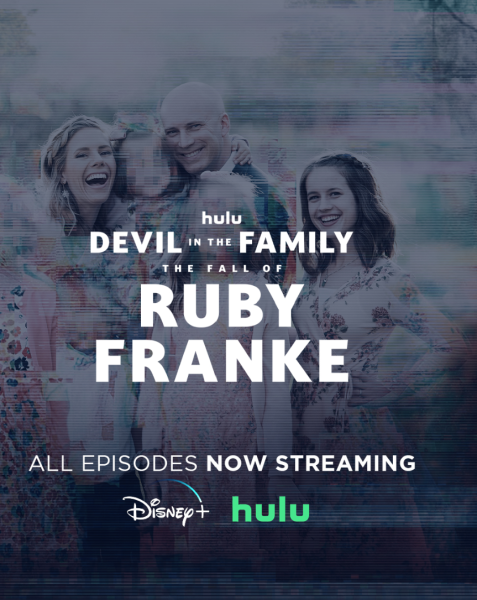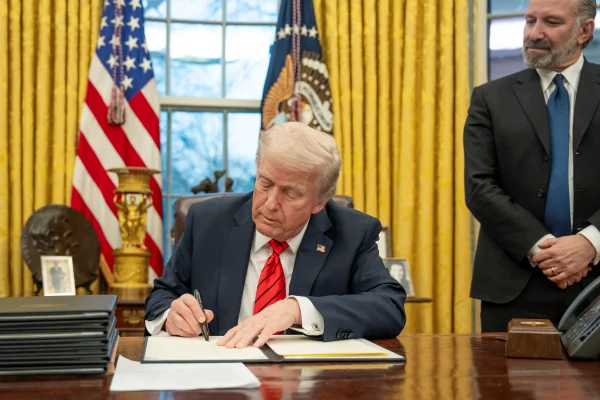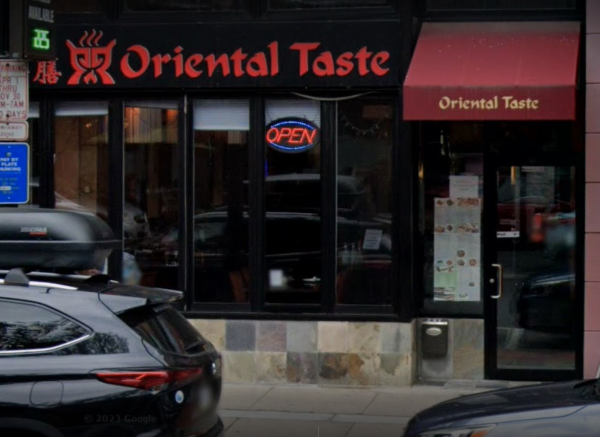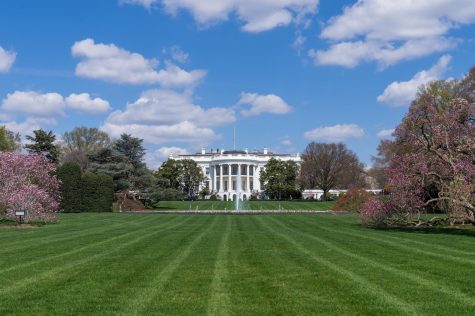Brexit Festival Creates Controversy
On September 30, 2018, British Prime Minister Theresa May announced the Festival of Great Britain and Northern Ireland; the announcement was immediately greeted by criticism and anger from her constituents.
May’s government said that the festival is set to take place in 2022, with the plan being revealed as the Conservatives gathered in Birmingham for their annual party conference. May told the conference that she thinks the festival will strengthen “our precious union,” according to the BBC.
Downing Street described the event as a “nationwide festival in celebration of the creativity and innovation of the United Kingdom.”
Many speculate that the celebration will be similar the 1951 Festival of Britain. The Labour government supported the 1951 festival to “regain the support the party had been losing ahead of that election,” according to Sky News. It was also meant to reinvigorate citizens six years after the Second World War.
Some people, David Lammy, the Labour MP and anti-Brexit campaigner, disagree with the comparison.
He tweeted on September 29, “Theresa May’s ‘Festival of Brexit Britain’ is historically illiterate. The Labour government’s 1951 Festival of Britain marked a new era of growth and international cooperation. The opposite of where this Tory government is taking us.”
Sky News also reported that the 2022 festival will take place just four months before the next scheduled general election—leading some to believe it’s also going to be a ploy to promote May’s Conservative party.
The government announced the budget for the festival—120 million pounds—which has left many British quite concerned.
In a letter to The Independent, citizen Chris Key stated his concerns.
“The fact that the prime minister is even thinking about this idea as a populist sop to the Eurosceptics in her party shows just how out of touch she is with the financial priorities of this country,” he wrote.
He continued, “May should be focusing on making sure that the supply chains of car manufacturers and pharmaceutical companies aren’t affected by Brexit. Not yearning for a white elephant trade show, as if we were back in the 1950s.”
Stephen Bailey, a British design critic and journalist, spoke out against the criticism to the Daily Telegraph.
“As the shortcomings of our virtual world become daily more clear, there is a renewed appetite for analogue experience,” he said. “That’s what you get with festivals and exhibitions.”
He added, “Moreover, they have often raised national morale in troubled moments through bravura demonstrations of science and art, while leaving behind monuments.”
Either way, May is not backing down. The festival will coincide with the year that marks the Queen’s platinum jubilee, or the anniversary of 70 years on the throne. She would be the first British monarch to reach that milestone. It would also be the 100-year anniversary of Northern Ireland, 100 years of the BBC, and 75 years of the Edinburgh International Festival.
The British people have been fighting about Brexit since the vote, with many calling for a re-vote or at least a say in how the exit deal is decided. While the certainty of either of those options is foggy, Prime Minister May is clearly hoping to rejuvenate the people and bring a stronger sense of nationalism and pride to the United Kingdom.
Ellie Wolfe is a senior from Northampton Massachusetts. In her free time, she enjoys going for runs and hanging out with her friends, and runs The Willistonian...



